Building a connection between a wooden fence and a metal fence post can seem intimidating but it doesn’t need to be. Careful selection of the right tools and materials and patience during the process is essential to creating a secure join that lasts. With a good understanding of how to do it, anyone can attach wood to metal posts confidently, producing an eye-catching addition to any outdoor space.
To take the initial plunge into fusing wood and metal fence posts, first begin with the correct components. Opt for a dependable and resilient lumber that is pressure-treated like cedar or redwood; this helps to guard against the harms of rotting and pests. Correspondingly, pick a galvanized steel post which is crafted for outdoor applications; that galvanization shields it from oxidization and erosion. If you’re employing a chain-link fence, apply a fencing post adapter to adhere the hardwood to the metallic posts.
To begin with, you must get the metal post ready for the wooden material. Eliminate any buildup of dirt, rust, or paint by brushing the post with a wire brush or rubbing it down with sandpaper. Then, utilize the drill to achieve two pilot holes – one at the top portion of the post and one at its bottom. These apertures will be instrumental for connecting the wood to the post.
Before proceeding, form the post into the desired shape. Make sure that when cutting the wood to fit it is slightly longer than the post. Utilize either a drill or a screwdriver to begin attaching the two. Start with the uppermost hole and bore a galvanized screw through it and snugly into the wood. Ensure that the head of the screw is flush with and not sticking out from the woodpiece by using a countersink. Now repeat this step for the lower hole.
For a sturdier connection, you can introduce metal brackets into the amalgam. Make sure the brackets are galvanized and appropriately sized for the wood you want to secure. Secure the brackets to the post with either nails or screws, and join it to the wood with additional screws.
For the ultimate safeguard against damages, waterproofing the wood is crucial. Utilizing a water resistant sealer is the best choice for external defense, protecting your fence from rot and moisture. To be sure the solution does its job, apply as directed and don’t forget to let it be nice and dry before you start using it.
With the correct gear and a dose of persistence, adding timber to a metal fence post is an effortless task. You’ll fashion an appealing reinforcement in your backyard without much difficulty, giving your fencing more strength and aesthetics.
When looking to attach wood to metal fence posts, some preparation and tools are required. The key factor to focus on is that the metal post must be able to handle the load of not just the wood itself, but any extra weight too. Generally, a metal post with a minimum rating of 25 pounds per square inch (psi) will suffice. If you’re not sure if your fence posts can take it, it’s advised that you consult a professional installer for help.
Before your wooden fence can be secured to the metal posts, it is essential to clean them and then cover them with a rust-resistant primer. This coat will guard against corrosion and extend the life of your fence, plus it creates the perfect base for adding your wood. With the right preparation in place, you can start attaching the wood to the posts.
To ensure an enduring union between wood and metal fence posts, lag screws should be the initiator. Make sure that the drill bit used to create the pilot holes is appropriate for metal, and that the screws are sufficiently long enough to go at least one and a half inches into the post. Once the screws have been fastened, secure with galvanized or stainless steel washers and nuts for anchor the wood firmly.
When joining wood and metal fence posts, reliable outdoor lumber should be used. Cedar and redwood are outstanding selections for outdoor use as they are heavily resistant to decay. If you settle on pressure-treated wood, then it is key to opt for screws that are explicitly meant for the treated wood. Moreover, it is essential to pick the correct size of screws or nails for the wood. Employing screws that are too big can cause the wood to fracture while ones that are too small may cause them to disengage from the metal post.
Once the wood has been affixed to the metal post, stainless steel or galvanized steel finishing nails can be employed to lock it in position. It is critical that the nails are at least two inches apart, providing a secure connection and helping to maintain the stability of the wood.
Wood and metal may not seem like the most obvious combination of materials for fence posts, but, with the right products, tools, and techniques, your resulting finished project will be secure for years to come. To ensure stability and resilience of the posts, opt for products specifically designed for outdoor use. It’s equally important to make sure that the materials and tools used are appropriate for the job, allowing you to create a robust fencing that can stand the test of time. Following these guidelines will help you achieve a beautiful, enduring structure.
Related Product
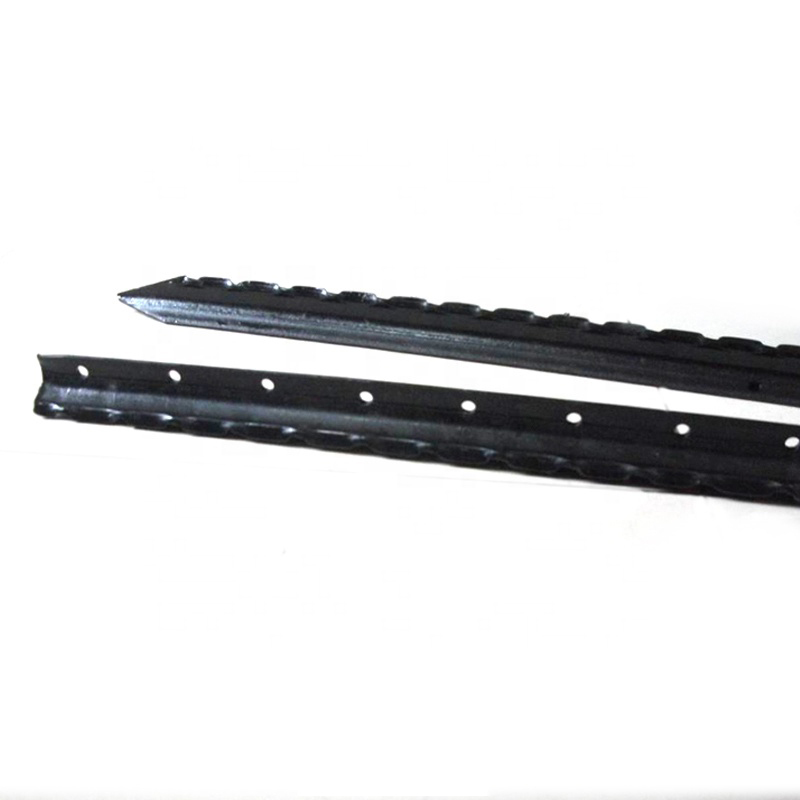
Israel Y Post
Y post with teeth provides the most reliable way of fencing wire attachment by threading the wire through the holds along the post, gripping the wire with is specially designed tee […]
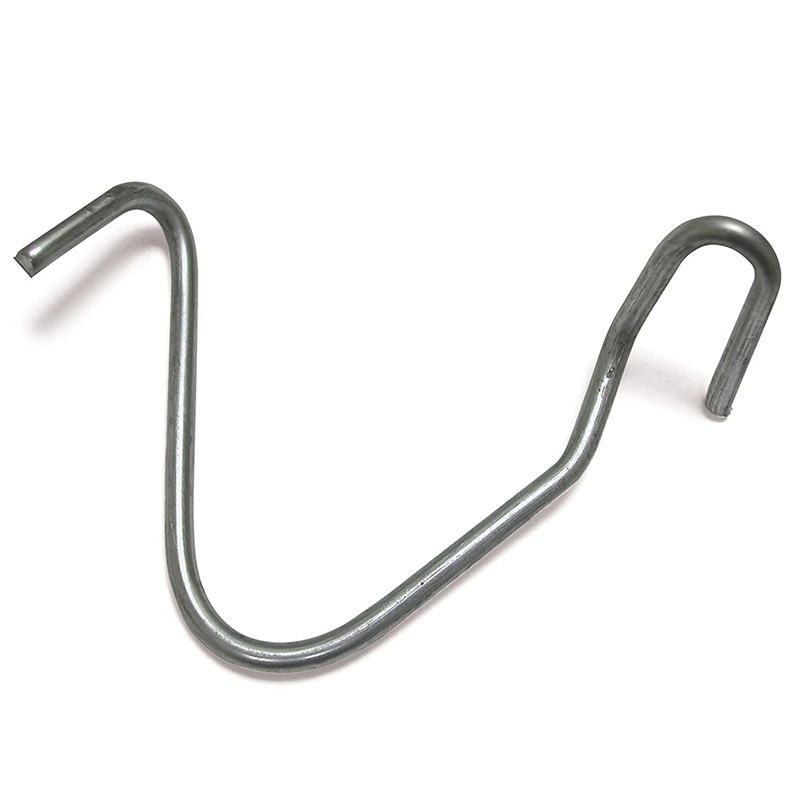
T Post Clip
These heavy duty T-post clips fit standard size 1.25 and 1.33 lb. studded T-posts. Manufactured from 11-1/2 gauge wire that is Hot-dipped galvanized, these clips are designed for f […]
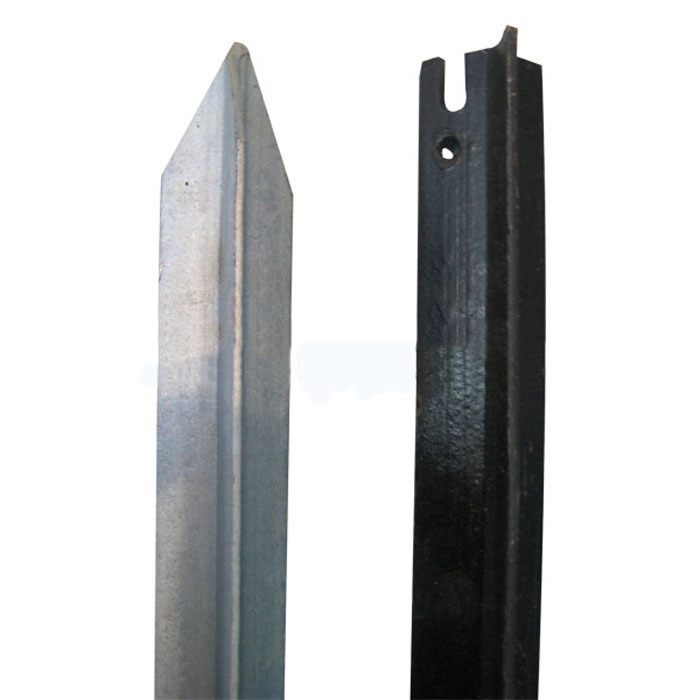
Y Post
Length:1.35m,1.5m,1.65m,1.8m,2.4m etc Weight:1.58kgs,1.86kgs,1.9kgs,2.04kgs/m etc Surface:painted, Hot dip galvanized, No paint Usage:farm fencing,garden fencing Packing:400pcs/pal […]
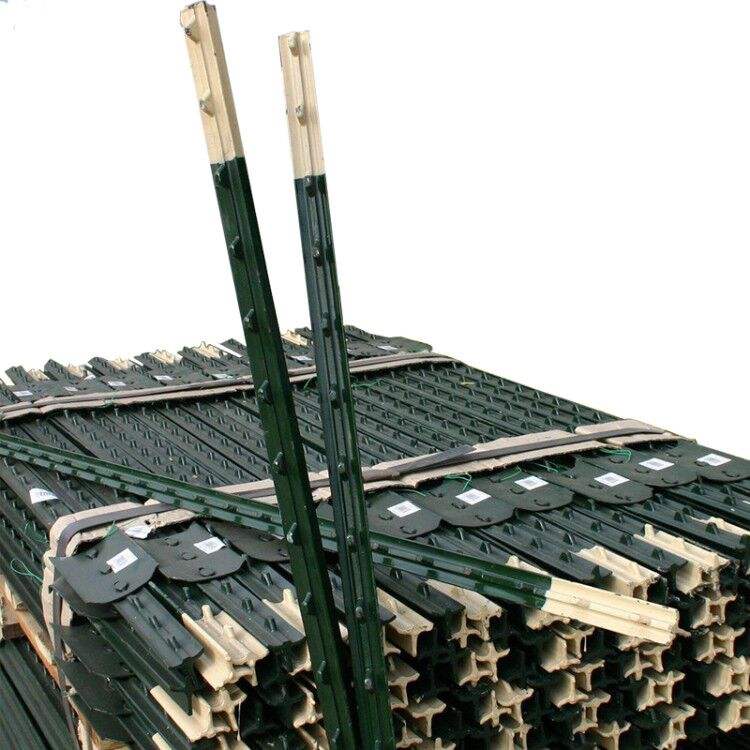
T Post
Material: rail steel Weight: 0.85,0.95,1.25,1.33lbs/ft etc Length: 5′-10′ etc Surface: painted with spade,painted no spade,unpainted with spade,unpainted without spade,hot-dipped g […]

Studded T Post
material: rail steel weight: 0.85,0.95,1.25,1.33lbs/ft etc length: 5′-10′ etc surface: painted with spade,painted no spade,unpainted with spade,unpainted without spade,hot-dipped g […]
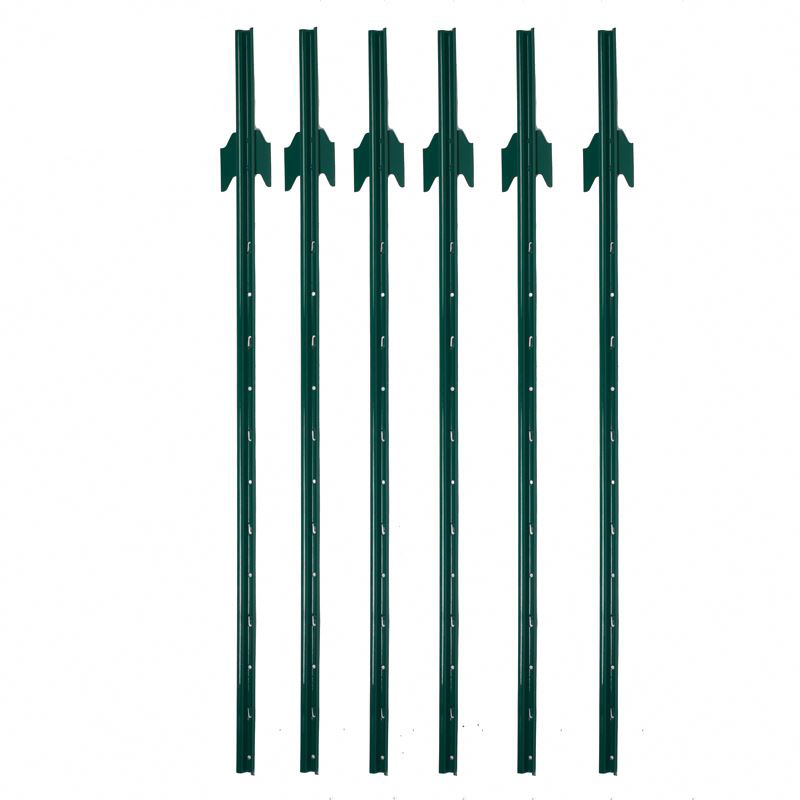
U Post
Heavy Duty Garden U Shaped Steel Fence Post With Spade Shape: U shape, with or without spade Material: low carbon steel, rail steel, etc. Surface: Powder coated Advantage: Easily A […]
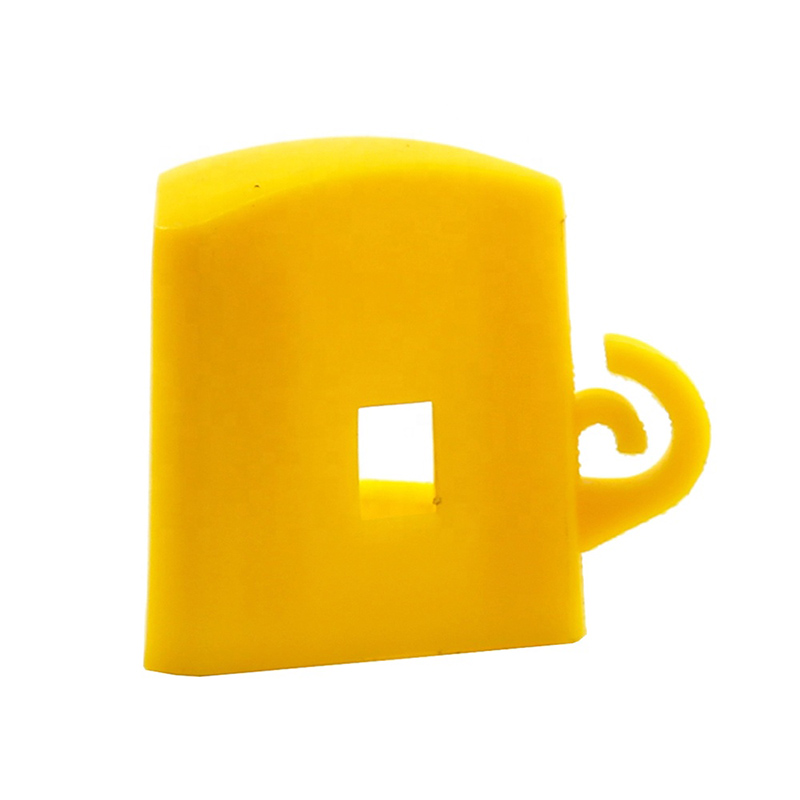
Y Post Cap
Y Posts Caps is also called safety cap or Star picket caps. It used for Y star picket . It can cover sharp edges of Y posts. Type Size(L x W X H) Thickness Weight Round 57x57x60mm […]
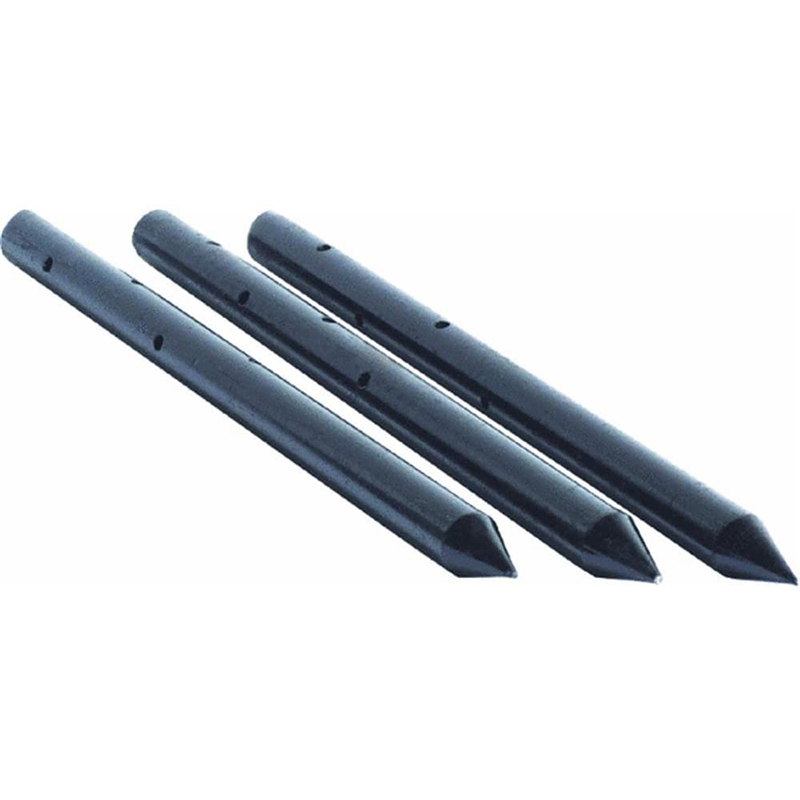
Nail Stake
Product information: Description Unit Pallet Weight(kg) 3/4″x12″ 10pcs/box 150boxes/pallet 0.6200 3/4″x18″ 10pcs/box 100boxes/pallet 0.9250 3/4″x24 […]
Post time: 2023-08-09

